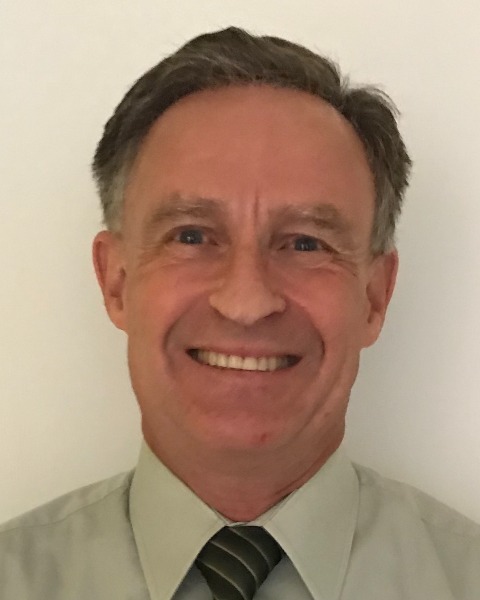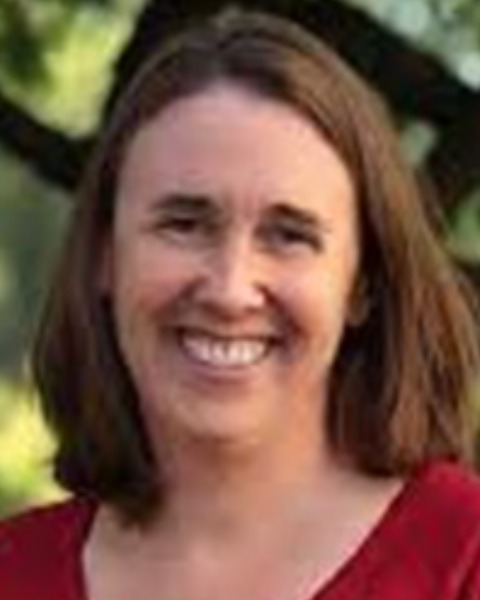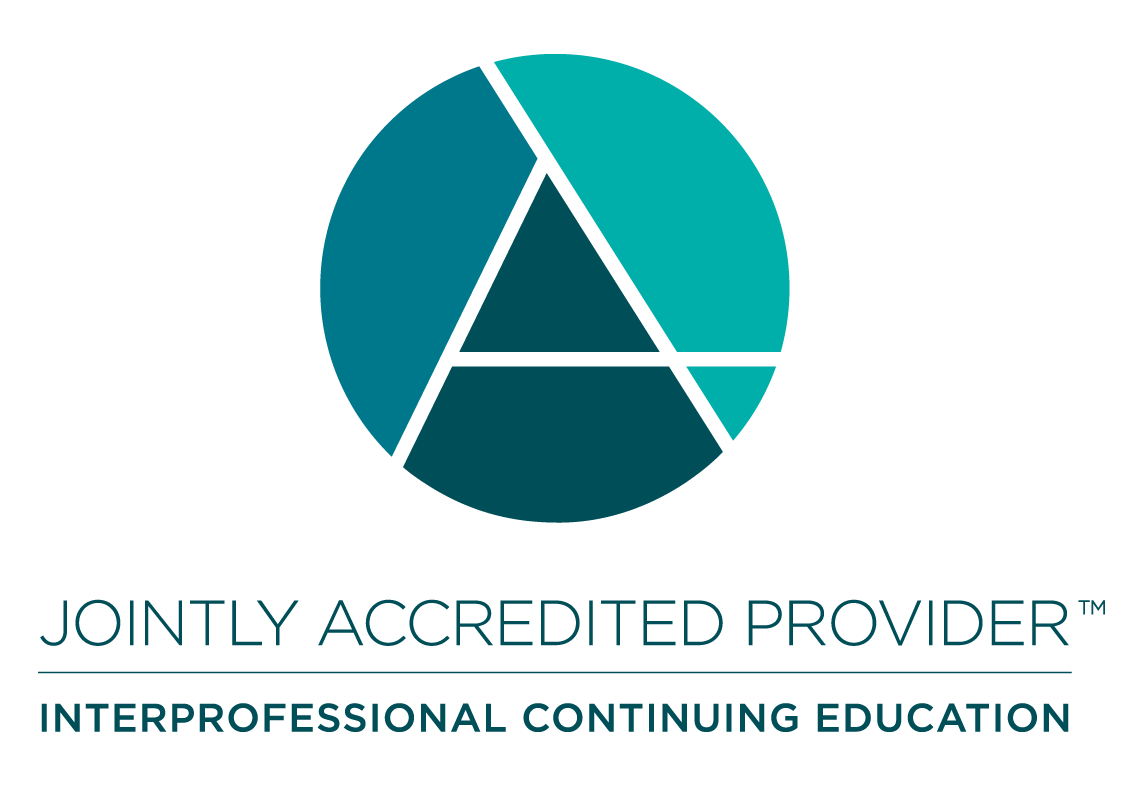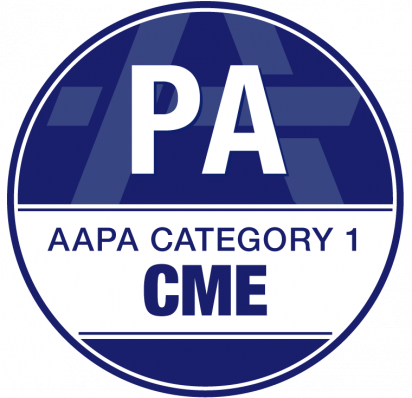
Non-Fatal Overdose Biosurveillance: Building a New Overdose Surveillance Infrastructure
-
Register
- Non-Member - $39
- Regular Member - $29
- Retired - $29
- Early Career Physician - $29
- Resident - $19
- Student - $19
- Associate - $19
- ASAM Staff - Free!
- International Member - $29
- Emeritus Member - $29
- Provisional Member - $29
- Fellow Member - $29
- Honorary Member - $29
- CRT Member - $29

Non-Fatal Overdose Biosurveillance: Building a New Overdose Surveillance Infrastructure
Recorded: Thursday, April 4, 2024 to Sunday, April 7, 2024
On-Demand Session
Overview
This 75-minute on-demand session from the ASAM 55th Annual Conference addresses
To provide participants with a robust understanding of biosurveillance and current infrastructure being built, this session features a general overview of biosurveillance, provides state-specific and national perspectives, emphasizes the clinical value of biosurveillance, and highlights the various aspects of biosurveillance program implementation, including partner collaboration and program development.
The target audience for this Introductory level session includes physicians, nurse practitioners, physician assistants, other clinicians, researchers, residents, fellows, students, and counselors.
This session addresses the following ACGME Competencies: Practice-based Learning and Improvement, Interpersonal and Communication Skills, Systems-based Practice
This session addresses the following ICPE Competencies:Values and Ethics, Interprofessional Communication
Learning Objectives
Upon completion, learners will be able to:
- Discuss the value and utility of biosurveillance programs and data across public health, medical, and addiction treatment disciplines
- Differentiate biosurveillance programs from other public health and overdose surveillance activities
- Explain the benefits of using public-facing dashboards to communicate biosurveillance data to partners and general public
Registration Rates
| Rate Description | Rate |
| ASAM Member | $29 |
| Non-Member | $39 |
| Associate Member | $19 |
| Resident Member* | $19 |
| Student Member* | $19 |
*Residents, Fellows-in-training, Interns, and Students must join ASAM to receive a discounted registration rate. Click here to become an ASAM member. National and Chapter membership dues apply. There is no charge for Students to become a Member, but verification of student status is required.
Membership Question? Call ASAM at 1.301.656.3920, email us, or view the ASAM website for more information.
Refunds & Cancellations
All ASAM eLearning Center refund requests must be made in writing to education@asam.org within 90 days of purchase. Those requesting refunds for courses that are in progress will receive partial refunds or e-Learning Center credit. Automatic full refunds will be made for any course with a live-course component that has been cancelled.
Registration Open: 05/06/2024 - 04/06/2027
User Access Closed: 05/06/2027
Session Instructions
- Click on the Contents tab to watch the on-demand recording.
- Click Complete Post Test to answer multiple choice questions. Participants will have 10 attempts to pass and must answer 4 out of 5 questions correctly.
- Click Complete Evaluation to provide valuable activity feedback. Scroll down on all questions as there may be answer options that expand past the size of the window.
- Click the button Claim Medical Credits in the box titled Claim Credits & Certificate. Choose the type of credit and click submit. Click the button View/Print Certificate to save or print your certificate. You can view/print your certificate at any time by visiting the ASAM eLearning Center, clicking Dashboard, and clicking Transcript/Achievements.
Need Assistance?
For assistance logging in, accessing activities, claiming credit, or for other questions or concerns, please check the FAQ page or e-mail Education@ASAM.org
ASAM is proud to offer Essential Accessibility to ensure our website is accessible and functional for all our learners while providing free assistive technology for people with the widest possible range of abilities.

Ewa King, PhD
Chief Program Officer
Association of Public Health Laboratories
Ewa King, Ph.D. is Chief Program Officer at the Association of Public Health Laboratories (APHL), overseeing the association’s public health programs including infectious disease, environmental health, food safety, emergency preparedness and response, newborn screening and genetics, and informatics. Previously, Dr. King served as director of the State Health Laboratories, a division of the Rhode Island Department of Health (RIDOH) in Providence, RI. In this role, Dr. King directed laboratory scientists and support personnel in laboratories that provide testing services for the state and national regulatory, law enforcement, environmental monitoring, and disease surveillance purposes. During the COVID-19 pandemic response, Dr. King served as a subject matter expert on laboratory and testing topics.
Dr. King’s scientific interests focus on the relationships between human exposure to environmental contaminants and individual and public health, and novel surveillance approaches to drug overdoses.
Dr. King holds a PhD. in Chemistry and a Master of Science and Engineering degree in Food Chemistry and Technology.

Charles McKay, MD, FACMT
Associate Medical Director
Connecticut Poison Control Center
Charles McKay MD, FACMT is a medical toxicologist at the University of Connecticut School of Medicine, where he serves as Associate Medical Director of the CT Poison Center. His formal training has been in Pathology, Internal Medicine, Emergency Medicine and Medical Toxicology. For over 30 years, he provided toxicology consultation at three hospitals and was the Medical Director of Occupational Health Services and Medical Review Officer for Hartford Hospital and Connecticut Childrens’ Medical Center. He was the Medical Toxicology Fellowship Director at Hartford Hospital/University of Connecticut School of Medicine. He was the Principal Investigator for several laboratory-based clinical studies including comparing urine drug test capabilities and a pilot study for EMS reporting of possible opioid patient encounters to the poison center, which was subsequently expanded to a statewide reporting system by others. He served on the Board of Directors of the American College of Medical Toxicology (ACMT) for 15 years. Under contract to the U.S. Department of Homeland Security (DHS), he led ACMT’s development of a practical toxicology principles course for law enforcement, and participates in ACMT’s contracts and cooperative agreements with the CDC and DHS regarding chemical and environmental exposures. Dr. McKay received a DHS Secretary’s Award for Excellence in 2019. He lectures widely on chemical terrorism and risk communication, including the ACMT Chemical Agents of Opportunity Course, provided to more than 15,000 participants in the last 20 years; and provides medical-legal consultation and education in both civil and criminal matters. Dr. McKay has been a member of the Association of Public Health Laboratories Opioid/Overdose Biosurveillance Task Force (APHL OBTF) since 2018, participating in the development of guidance documents.

Jill Warrington, MD, PhD
Director of Population Health
Robert Larner, MD College of Medicine at the University of Vermont
Jill Warrington MD, PhD is the Director of Population Health in the Department of Pathology and Laboratory Medicine at the Robert Larner MD College of Medicine at the University of Vermont. She also serves as the Laboratory Director for the Vermont State Department of Public Health Laboratory. Jill earned her B.A. degree in Molecular Biology at Princeton University followed by an MD/PhD at Tufts University School of Medicine focusing on Pharmacology and Experimental Therapeutics. She completed an Anatomic and Clinical Pathology residency at Duke University where she was chief resident. She has served in the fields of laboratory medicine and research for over 25 years and her interests include population health, behavioral health equity and Substance Use Disorders.

Amanda Smith, MPH
Epidemiologist
Centers for Disease Control and Prevention
Amanda J. Smith, MPH is an epidemiologist at the U.S. Centers for Disease Control and Prevention. Last year she joined CDC's Division of Overdose Prevention after 20 years in the Division of HIV Prevention. Her expertise includes conducting bio-behavioral surveillance using health questionnaires and collecting multiple specimen types among communities experiencing health disparities such as persons who inject drugs.
Accreditation & Credit Designation Statements
Joint Accreditation Statement

In support of improving patient care, the American Society of Addiction Medicine is jointly accredited by the Accreditation Council for Continuing Medical Education (ACCME), the Accreditation Council for Pharmacy Education (ACPE), and the American Nurses Credentialing Center (ANCC), to provide continuing education for the healthcare team.
Physicians
The American Society of Addiction Medicine designates this enduring material for a maximum of 1.25 AMA PRA Category 1 Credits™. Physicians should claim only the credit commensurate with the extent of their participation in the activity.
Nurses
This activity awards 1.25 Nursing contact hours.

PAs
ASAM has been authorized by the American Academy of PAs (AAPA) to award AAPA Category 1 CME credit for activities planned in accordance with AAPA CME Criteria. This activity is designated for 1.25 AAPA Category 1 CME credits. Approval is valid until 05/06/2027. PAs should only claim credit commensurate with the extent of their participation.
Social Workers
As a Jointly Accredited Organization, ASAM is approved to offer social work continuing education by the Association of Social Work Boards (ASWB) Approved Continuing Education (ACE) program. Organizations, not individual courses, are approved under this program. Regulatory boards are the final authority on courses accepted for continuing education credit. Social workers completing this course receive 1.25 general continuing education credits.
IPCE Credit
This activity was planned by and for the healthcare team, and learners will receive 1.25 Interprofessional Continuing Education (IPCE) credits for learning and change.
California Association for Drug/Alcohol Educators (CAADE)
This educational program is approved by CAADE: #CP40 999 1225.
California Association of DUI Treatment Centers (CADTP)
This educational program is approved by CADTP: #205.
California Consortium of Addiction Programs and Professionals (CCAPP)
This educational program is approved by CCAPP: #OS-20-330-1224.
Continuing Education Credits (CEUs)
Upon completion of the activity and online evaluation, all other participants may request a certificate of participation. Participants may submit this certificate of participation to their professional organization/institute as documentation for completing this accredited continuing activity.
Maintenance of Certification (MOC) or Continuing Certification Programs (CCP)
This activity meets the requirements for MOC/CCP for the following primary physician boards and for state licensing CME requirements. MOC Credit is only reported for ABA, ABP, ABIM, and ABS. By completing the online credit application and evaluation, the learner permits ASAM to report credits to the appropriate Board. Learn more.
- American Board of Medical Specialties (ABMS)
- American Board of Preventive Medicine (ABPM)
- American Board of Internal Medicine (ABIM)
- American Board of Pediatrics (ABP)
- American Board of Surgery (ABS)
- American Board of Psychiatry and Neurology (ABPN)
- American Board of Addiction Medicine (ABAM)
- Royal College of Physicians and Surgeons of Canada (RCPSC)
- Through an agreement between the Accreditation Council for Continuing Medical Education and the Royal College of Physicians and Surgeons in Canada, medical practitioners participating in the Royal College MOC Program may record completion of accredited activities registered under the ACCME’s “CME in Support of MOC” program in Section 3 of the Royal College’s MOC Program.
Disclosure Information
In accordance with disclosure policies of ASAM and Joint Accreditation, the effort is made to ensure balance, independence, objectivity, and scientific rigor in all CME/CE activities. These policies include mitigating all relevant financial relationships with ineligible companies for the Planning Committees and Presenters. All activity Planning Committee members and Presenters have disclosed all financial relationship information. The ASAM CE Committee has reviewed these disclosures and determined that the relationships are not inappropriate in the context of their respective presentations and are not inconsistent with the educational goals and integrity of the activity. Click here to view the full disclosure listing.

